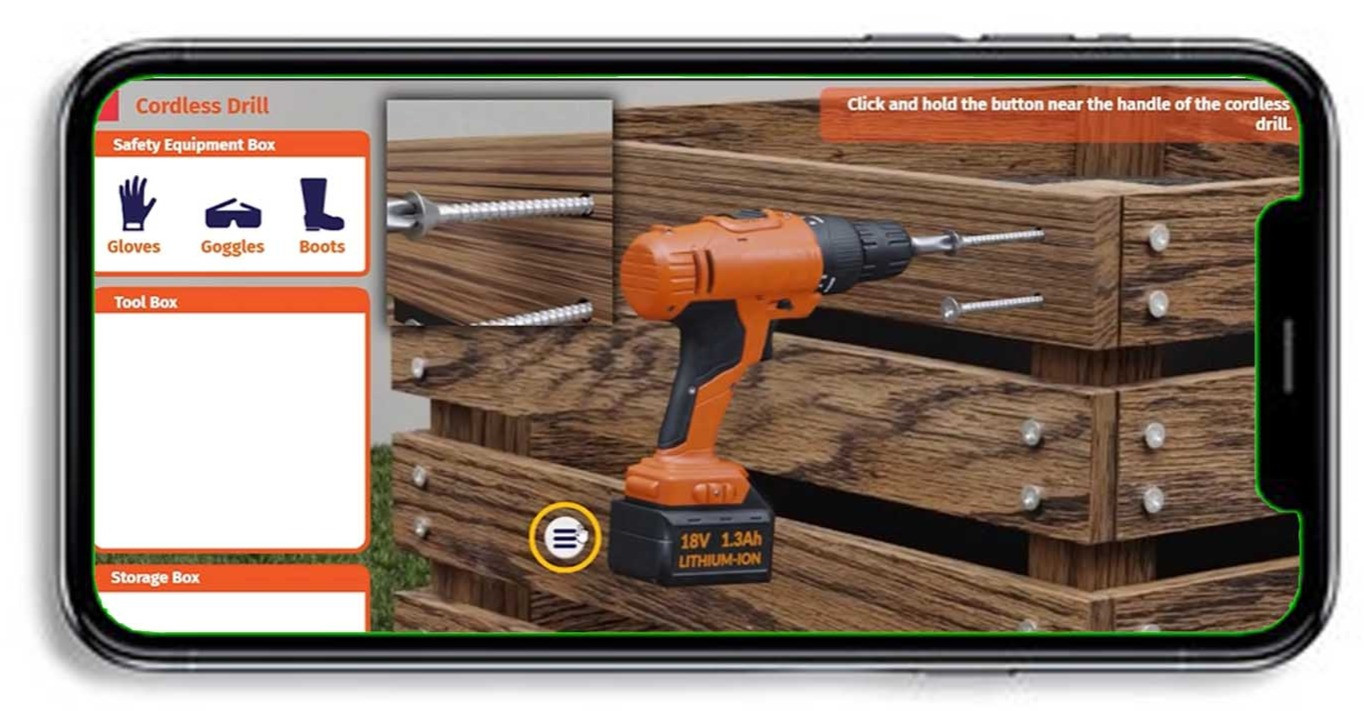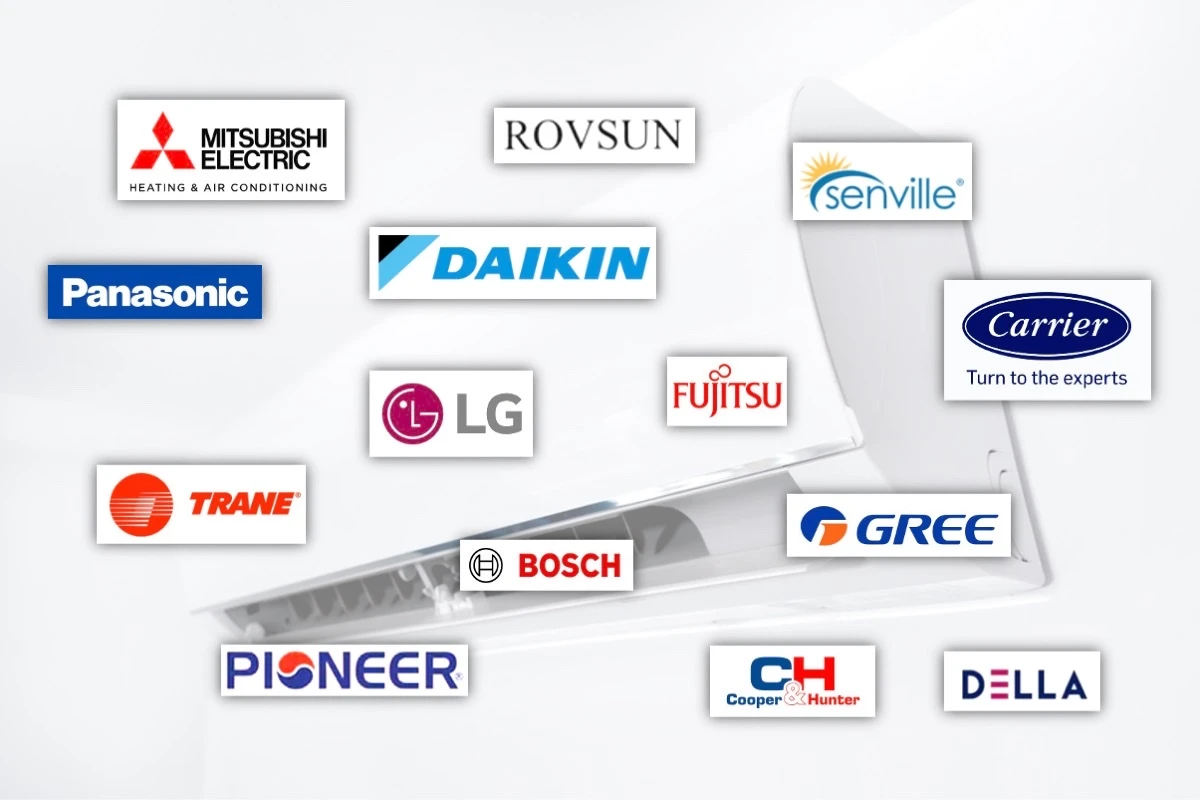Warranty is important on mini-split because of how the parts are all proprietary.
Plus the diy ones are on the lower end of quality likely - made by midea or gree.
Expect a senville to be a 10 year unit, once warranty is done and it breaks time for a new one unless it's a simple electrical failure with part still available.
Expect a mistubishi to be a 15 to 25 year unit.
Shameful the industry is going disposable.
I borrowed this elsewhere but I feel it sums brands up pretty good:
The brands fall into three categories:
1) Premium
2) mid range and
3) budget.
--> Mr. Cool is in it's own category (see below).
Premium brands seem to be : Mitsubishi, Daikin, amd Fujitsu. These are Japanese brands. Mitsu and Fuji are, I believe, made in Japan unlike the majority of the others. Daikin is reputedly made in the US. These japanese brands Generally have slighly longer warranties, and considered high quality. They are favored by HVAC contractors and have a decent network of dealers in the US which may matter if you want one installed/repaired by a contractor. Note: you may be able to get these on your own and install them DIY, however, rumor has it that you will not be able to get any tech support/warranty support on a DIY install. On the other hand you will probably be able find a tech to work on it if you need it. But if you want tech/customer support as a DIYer read on.
Mid range brands include brands like Pioneer, Senville, Cooper and Hunter, Alpine/Blueridge, and others. These are cheaper than the premium brands but still very popular. The consensus is that all the mid range brands are built in China by one of two manufacturers : Gree or Midea. Both companies have been building minisplits for a while and are considered good quality. The real distinction among the mid range and budget brands is in the area of support. Some mid range brands distinguish themselves by having better customer/tech/warranty/parts support for DIYers. Pioneer and Alpine/Blueridge reputedly will warranty a DIY install. And midrange brands reputedly have excellent tech support. This is a factor because many HVAC companies will not work on anything besides the premium brands.
Lastly come the budget brands. Names like Tosot, Rovsun, Della, come to mind but there are MANY. These distinguish themselves by the lowest price points. Like the mid range brands they are reputedly also made by Gree or Midea in China. Many argue that these are the same quality as the mid range brands (as they are built by the SAME manufacturers. However, they often have poor/non-existent tech/customer/parts/warranty support. So if support is important to you, you should keep this in mind. These brands often appeal to people for whom price is the
paramount consideration.
Edit: among the budget brands is a subset that I will call "gray market" brands/models. These are units that were not built for export to the US, but rather for Mexico and other countries. They often have peculiarities that make them less desirable for the US market like oddities in the way the wiring is set up. A clue is a statement like "Not for use in the US". Or a name plate with specs entirely in Spanish. Nonetheless they sometimes find their way into the US. They are often very very cheap but have the same issues with support as mentioned above. Use them at your own peril.
Lastly there is Mr. Cool. Mr. Cool deserves its own category because (so far as i know) it is the only (or one of the few) that come with PRE-Charged LINESETS. This feature allows a person to install and run the system WITHOUT vacuuming down/ vacuum testing /nitrogen (pressure) testing. This means you need a *lot * fewer tools to install. And the install will go quicker. Or so i understand. Having said that, they have a spotty reputation for tech/customer/warranty support. Some people buy through Ingrams Water and Air Equiment (IWAE) who reputedly OWN the brand, and reputedly offer better tech/customer/warranty support If you buy through them (as oppsed to directly from Mr Cool website. So simpler install but maybe spottier support.

 www.skillcatapp.com
www.skillcatapp.com
![Image]()

 www.skillcatapp.com
www.skillcatapp.com





